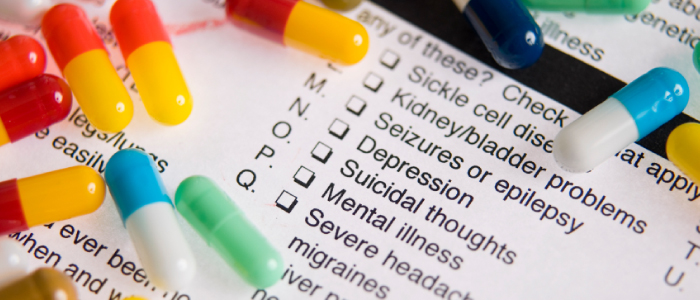 What is it?: DHEA is a naturally occurring weak androgenic (male) hormone, produced by the adrenal glands.
What is it?: DHEA is a naturally occurring weak androgenic (male) hormone, produced by the adrenal glands.
Reported Effects: It has been used for a variety of reasons including to try and prevent aging, improve sexual function/erectile dysfunction, treat cognitive decline, enhanced athletic performance, facilitate weight loss, improve strength, treat osteoporosis, improve immunomodulation for rheumatologic conditions, and treat depression.
Dose: 25 to 1600 mg per day – women treating menopause effects (hot flashes, night sweats, etc) often do very well at a much lower dose – 5mg at bedtime is recommended)*
Half Life: not clearly documented, but likely less than 2 hours. This is the amount of time needed to eliminate or deactivate half of the dose taken.
Adverse Effects: Potential side effects include acne, irritability, increase in sex drive, liver toxicity, increased appetite, alterations in cholesterol, and prostate enlargement. There is a case report of DHEA causing mania, an acute psychiatric disorder (Psychiatry Drug Alerts, 1999). There is a theoretical risk of an increase in heart disease and stoke, but unfortunately no long term data exists to prove or disprove this potential complication. Most of the short term studies cited above did not detect significant side effects associated with treatment. Part of the low incidence of discernable side effects likely comes from use of close-to physiologic (<200mg) doses of DHEA in these studies. Higher doses might have a different side effect profile (dose dependent), and warrant more careful monitoring from your health care provider
* For menopause symptoms we recommend a single 5mg dose at bedtime. This dose, coupled with properly balanced Progesterone is a great combination and has been very helpful for handling the most common menopause symptoms – hot flashes, sleeping difficulties, etc.
